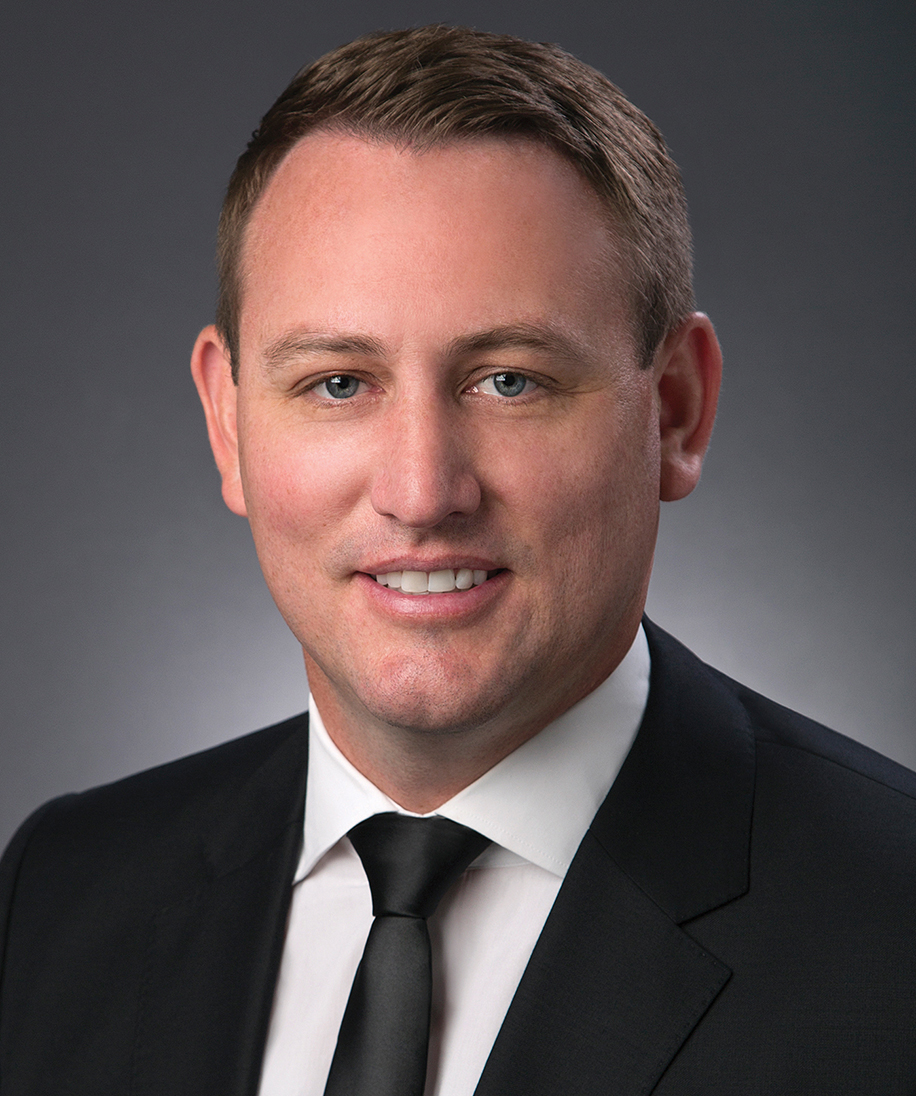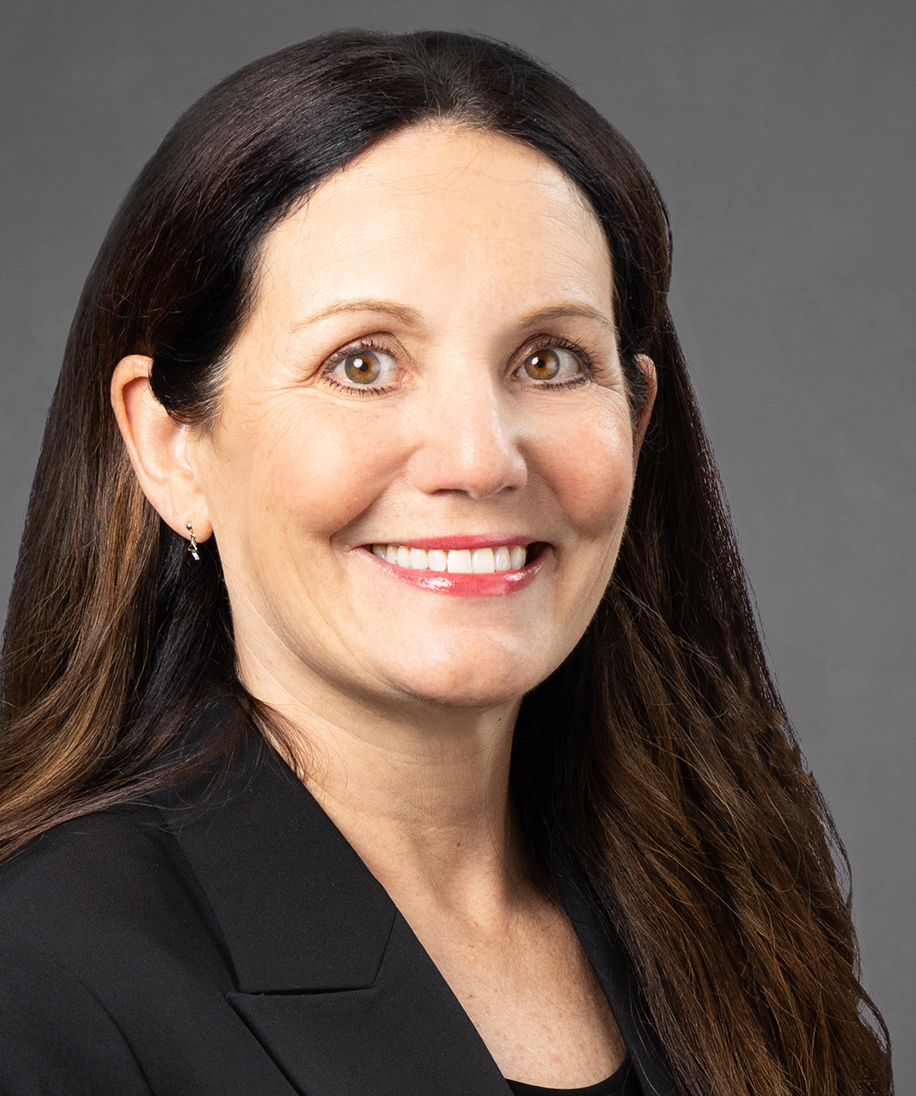Client Alert
AdvaMed Code: Key Updates
April 06, 2022
By Jonathan Stevens,Mark T. Carperand Laura A. Skinner
Half a year after the Pharmaceutical Research and Manufacturers of America (“PhRMA”) updated its Code on Interactions with Health Care Professionals, the Advanced Medical Technology Association (“AdvaMed”) updated its voluntary code of ethics (the “Code”). The revised Code, which becomes effective June 1, 2022, is intended to provide medical technology companies with guidance on ethical interactions and relationships with U.S. healthcare professionals (“HCPs”). The revised Code’s principles largely include changes addressing alcohol, virtual interactions and meals, fair market value, and value-based care.
The revised Code likely comes as no surprise in view of the 2021 PhRMA code updates that followed the Special Fraud Alert (“SFA”) on speaker programs released by the Department of Health and Human Services Office of the Inspector General (the “OIG”) in November 2020. As expected, the revised Code addresses some of the same key speaker program-related risks that were covered by the SFA and the updated PhRMA code. Certain risk areas identified in the SFA, however, are not expressly addressed by the revised Code. It is important to note that the OIG’s SFA is limited to “pharmaceutical and medical device companies,” which may not be as expansive as the “medical technology” companies covered by the Code.
In this alert, we have summarized:
- Key updates to the revised Code, which focus on alcohol, virtual interactions and meals, fair market value, and value-based care; and
- Questions that companies should consider as they analyze and implement changes to their HCP training and education event rules and processes to address the revised Code’s changes.
Recent Government Enforcement and Guidance
In November 2020, the OIG issued its first SFA in more than six years. In the speaker program-focused SFA, the OIG indicated that it was “skeptical about the educational value” of company-funded speaker programs and made clear that parties involved in speaker programs – including the manufacturer, the speaker, and the attendees – “may be subject to increased scrutiny.” The SFA provided a list of example “suspect characteristics” that, “taken separately or together, potentially indicate a speaker program arrangement that could violate the anti-kickback statute.” These characteristics included speaker programs where little or no substantive information is presented, allowing HCPs to attend programs on the same or “substantially the same topics” more than once, holding a program at a location “not conducive to the exchange of educational information,” and making alcohol available at the program.
Many have taken issue with the SFA’s expressed skepticism toward speaker programs, which are designed to help share truthful, non-misleading information about a drug or device – including clinical data, physician methods, and on-label information about FDA-approved devices and drugs. Given the relatively recent nature of the SFA, it is not surprising that the government has not yet announced enforcement actions that depart from the more traditional focuses of speaker program-related enforcement.
The Revised Code: Key Updates
The revised Code includes notable updates related to meals and virtual interactions as well as other considerations with respect to fair market value and value-based care.
- Alcohol
The revised Code states that “Companies also may consider adopting controls around the provision of alcohol at Company-Conducted Programs and Meetings. For example, considering government [i.e., SFA] guidance, Companies may adopt per-person drink limits, per-drink spend limits, limitations on the types of alcohol permitted (e.g., beer and wine only), or disallow alcohol at certain events (such as the types of Company-Conducted Training and Education Programs described in Section IIIA of the Code).” While under the SFA, making alcohol “available” alone is a “suspect characteristic,” AdvaMed suggests that companies should make informed and conscious decisions about alcohol, but stops short of prohibiting alcohol. AdvaMed also takes a less restrictive stance than the revised PhRMA code, which states that companies “should not pay for or provide alcohol in connection with [a] speaker program,” leaving open the question of whether companies should allow HCPs to purchase or bring their own alcohol to an event.
- Virtual Programs and Meals
The revised Code specifies that “virtual” may be defined as “[a]n interaction that involves attendees participating in a virtual environment that is generally enabled by digital technology rather than meeting in a physical location.” While the PhRMA code revisions include language to indicate that relevant parts of its guidance apply to digital and virtual interactions, the AdvaMed Code goes further by suggesting that companies “may wish to consider whether the legitimate need [for the program] could be met via a virtually-conducted program.”
With regard to the provision of meals at virtual events, the revised Code states that “modest” meals may be provided and offers further guidance that “[c]ompanies may create a process to control ordering and delivery, track attendance to ensure that only appropriate participants in the meeting receive the meals/refreshments, and/or prohibit home delivery.”
- Fair Market Value and Needs Assessment
The Code was updated to include guidance documenting legitimate business need and fair market value analyses – specifically that “a company should maintain appropriate documentation regarding the process for determining legitimate need, fair market value compensation, and other relevant factors.”
- Value-Based Care
For the first time, the Code includes a definition of and several references to “value-based care.” The Centers for Medicare & Medicaid Services (“CMS”) define value-based programs as “programs [that] reward health care providers with incentive payments for the quality of care they give to people with Medicare.” The revised Code indicates that engaging an HCP to assist in the development, evaluation, or implementation of arrangements to advance value-based care may be permissible. Similarly, the Code acknowledges that companies may have a legitimate need to conduct business meetings with HCPs to discuss value-based “solutions, services, or arrangement.” And while education has long included training on disease states and how to safely and effectively use a device manufacturer’s products, the revised Code also indicates that company-conducted training and education may legitimately include training about how medical technologies advance value-based care.
Key Takeaways for Life Sciences Companies
Medical technology companies should consider reviewing current business practices from end-to-end to assess what changes may be prudent in light of the information in both the revised Code and the SFA. Specific questions of focus could include:
- Should we update our policy on alcohol at HCP events (e.g., will we continue to pay for alcoholic drinks at some events or allow HCPs to bring or pay for their own alcoholic drinks)? If so, what parameters will we set and how will we monitor compliance?
- What criteria should we use to determine—and how should we document—the fair market value of an HCP consultant’s time? How will we determine and document whether a consulting arrangement meets the requirements of a “legitimate need” for a speaker program or for an event where HCPs are trained/consulted about value-based care?
- Will we allow meals to be provided at virtual events and, if so, how will we monitor the virtual events for compliance and transparency reporting purposes (e.g., will we use a virtual “sign in” sheet or other system to track attendees and expenses)?
- How should we update our HCP interaction policies and procedures to incorporate value-based care education, training, and consulting, and how will we monitor these interactions?
While the changes driven by the revised Code could likely have been predicted by those tracking U.S. government enforcement and guidance in the life sciences industry, for those companies looking to make changes prior to the revised Code’s effective date of June 1, 2022, an assessment and implementation window of approximately two to three months could prove challenging. As such, companies should consider assessing relevant aspects of their compliance programs in light of the newly available guidance as soon as possible.
Contributors


